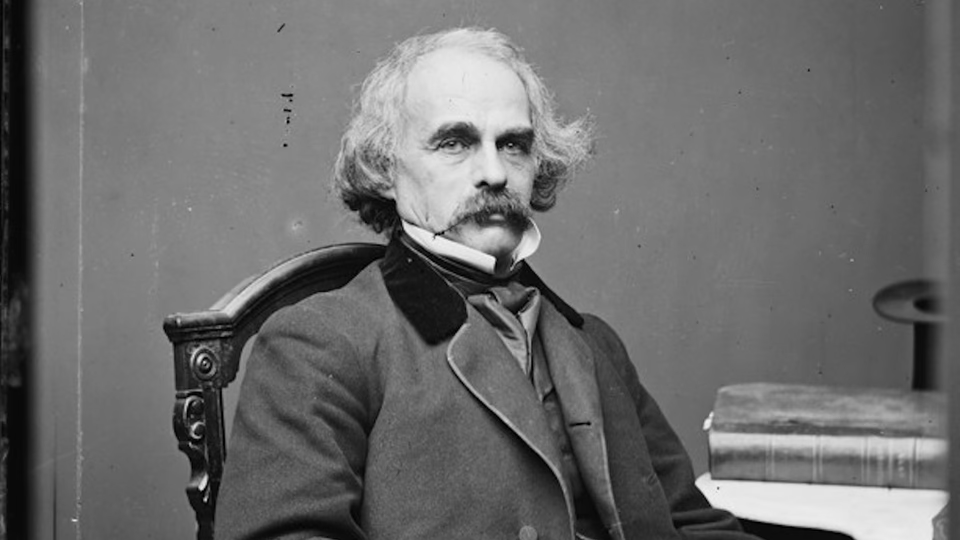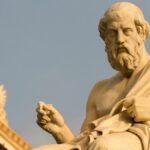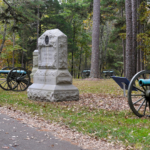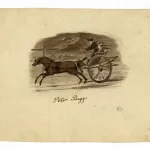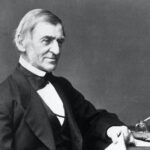Nathaniel Hawthorne’s “Rappaccini’s Daughter” is a rich and darkly morbid story that showcases Hawthorne’s art at its most sensuous and florid. It is the story of a beautiful young woman in a poisonous garden, and its gorgeous and lethal beauty are wonderfully done. The story is a sinister one in that the growing signs of […]
Year: 2012
Five Great Dialogues of Plato
At the time of his trial and execution in 399 BC, Socrates had reached the age of seventy. He had lived through the Periclean Age when Athens was at the pinnacle of Imperial power, then through twenty-five years of war with Sparta and Athens’ defeat in 404. He did, however, live to see the restoration […]
Ambrose Bierce: “Chickamauga”
“Realism” is an element of some of Abrose Bierce’s short stories (particularly those concerning the Civil War), but the term is of little value when discussing his often fantastical imagination. In his essay “The Short Story” he writes: ‘Probability? Nothing so improbable as what is true. It is the unexpected that occurs . . . […]
Peter Rugg, or the Missing Man
From among his few short stories, William Austin’s fame rests primarily with one, “Peter Rugg, or the Missing Man,” which became immensely popular and a favorite of Hawthorne and Longfellow. Austin incorporates legends of the Wandering Jew and the Flying Dutchman into a New England setting, much as [[Washington Irving]] had done with Knickerbocker materials […]
Ralph Waldo Emerson: Self-Reliance and Other Essays
Three of the essays in this collection (“History,” “Self-Reliance,” “The Over-soul”) sprang from the 1836 lectures on the philosophy of history Emerson delivered at the Boston Masonic Temple. “History” really isn’t about history but how to convert the burden of the past into a survival kit for the future. “The fact narrated must correspond to […]
